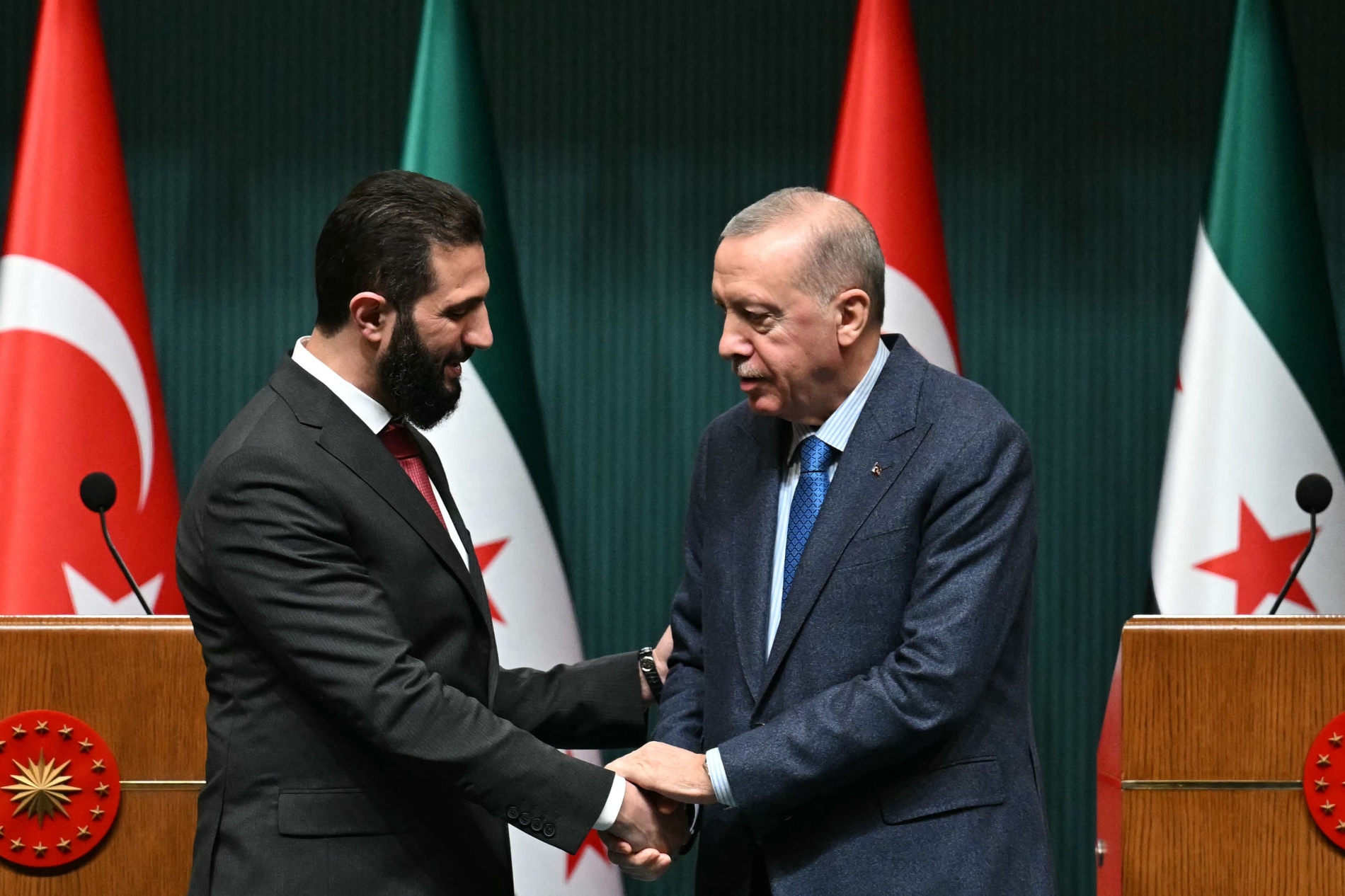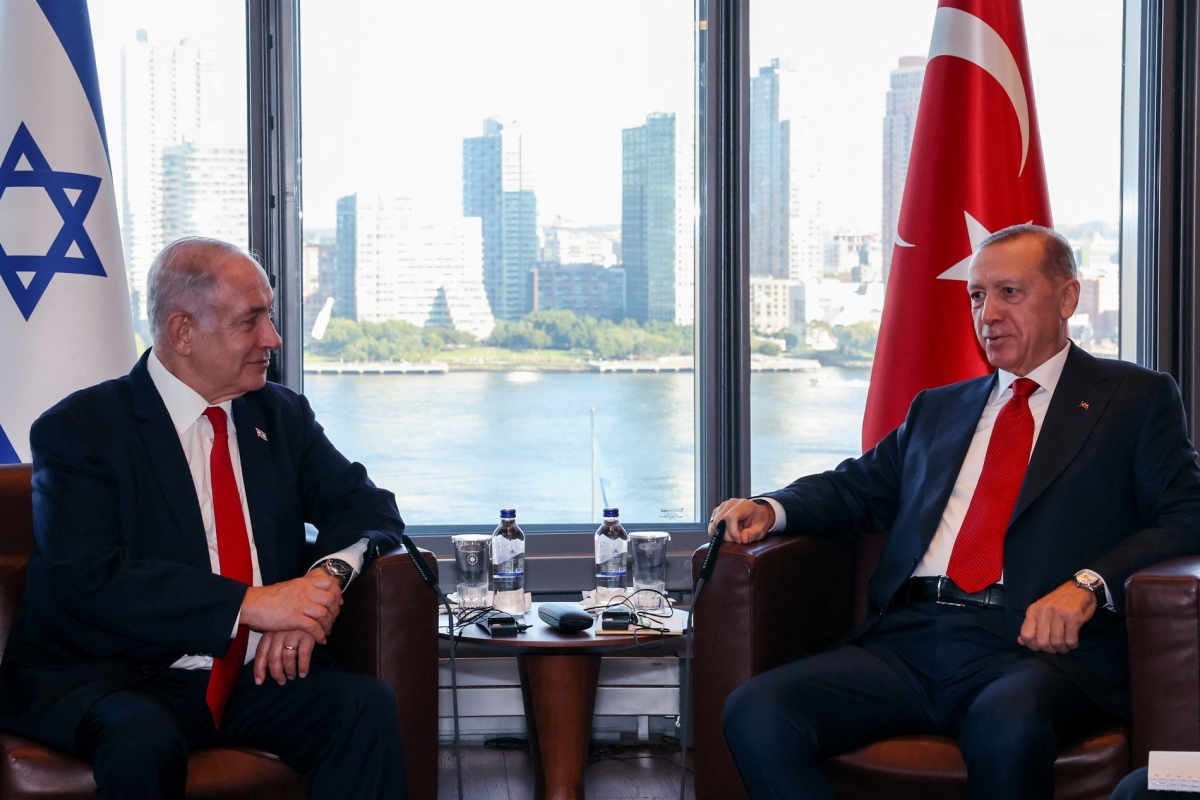The collapse of the Assad regime has reshaped the regional landscape. But while there is a broad international consensus in support of Syria's new leader, Ahmed al-Sharaa—with a clear preference for a unified country under a centralised authority over continued chaos—serious doubts remain whether he can bring long-term stability.
The rapid withdrawal of Iran from Syria opens a window of opportunity for regional stability. As such, what happens in Syria greatly matters to international stakeholders like the US, but also regional stakeholders like Israel and Türkiye.
What Israel wants
For its part, Israel worries about the possible emergence of a radical Islamist government in Damascus and creeping Turkish influence along its border. And while Tel Aviv has seemingly come to terms with Ankara's heavy involvement in northern Syria—particularly in Kurdish areas—it appears to have drawn a red line regarding Turkish military presence in other parts of the country.
Moreover, Israel has not yet decided whether it prefers a strong centralised government in Damascus or a weak and fractured state, although recent statements and actions suggest a preference for the latter. Its final calculus will likely be shaped by Washington's position, but regardless, given its demonstrated military superiority in recent months, Israel will want to play a key role in shaping Syria’s future.

What Türkiye wants
As for Türkiye, it sees an opportunity to secure its border with Syria on its own terms, in a manner that aligns with its recent moves vis-à-vis the Kurds, including the PKK. At the same time, it wants to simultaneously deepen Damascus's dependence on Ankara and bolster its regional standing, which its critics would describe as a pursuit of regional hegemony.
Erdoğan's excellent relationship with US President Donald Trump has emboldened him to pursue such a quest, further buoyed by improved relations with Gulf states and Egypt. potential.
With seemingly conflicting interests in Syria, the potential for direct confrontation cannot be ruled out. Discussions aimed at reaching a mutual understanding are vital to preventing miscalculation from either side. Tri-party talks between Ankara, Tel-Aviv and Washington are welcome, as are direct or discreet talks between Türkiye and Israel, as well as Azerbaijani mediation.













